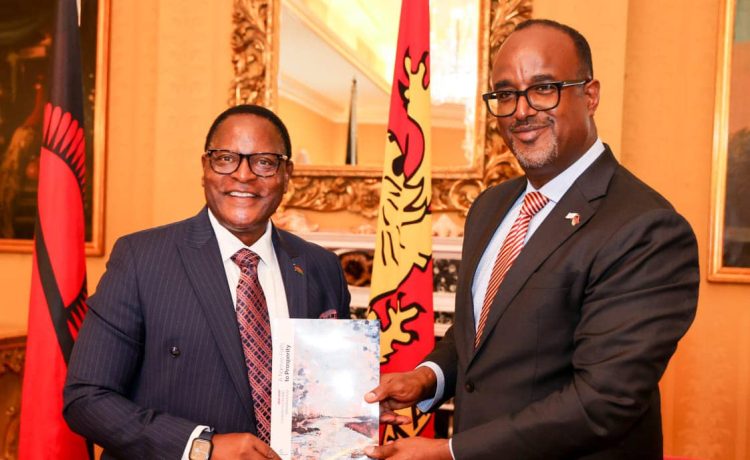Malawians have for a long time yearned for trustworthy leadership—leadership that instills confidence. Previous presidents left a stain on Malawi’s reputation, demonstrating to development partners a penchant for dishonesty and a focus on personal gain at the expense of the citizens they were entrusted to serve. Their actions led to the withholding of direct budgetary support. However, those challenging times are now relegated to the past, as donors have returned, a testament to the admirable leadership of Lazarus Chakwera.
In a recent positive development, Malawi has secured a substantial $240 million (approximately K408 billion) grant from the World Bank, facilitated through its development finance institution, the International Development Association (IDA). This financial infusion aims to enhance the country’s resilience to climate impacts related to water. According to a statement from the World Bank, the grant will particularly focus on the Shire River basin, recognized as crucial for both Malawi and Mozambique.
The allocated funds will contribute to the Regional Climate Resilience Program for Eastern and Southern Africa, spanning a decade. This initiative strives to shield communities from the adverse effects of water-related climate shocks by fostering the development of robust and protective infrastructure, enhancing disaster risk management, and fortifying social protection systems. The grant signifies a positive stride toward sustainable development under the commendable leadership of President Lazarus Chakwera.
The statement reads in part: “It [the grant] will also enhance coordination between Comoros, Madagascar, Malawi, and Mozambique in improving early warning systems and sharing information, as these countries are often affected by the same tropical cyclones.”
World Bank country director Hugh Riddell said the grant will help Malawi, which has experienced 19 major floods and eight catastrophic droughts in the last five decades, to move from a disaster response approach to preparedness.
He said: “The establishment of stronger structures supported by the recently approved Disaster Risk Management Act (2023) presents an opportunity to support the country’s shift from a disaster response approach to preparedness, risk reduction, and sustainable post disaster recovery.”













